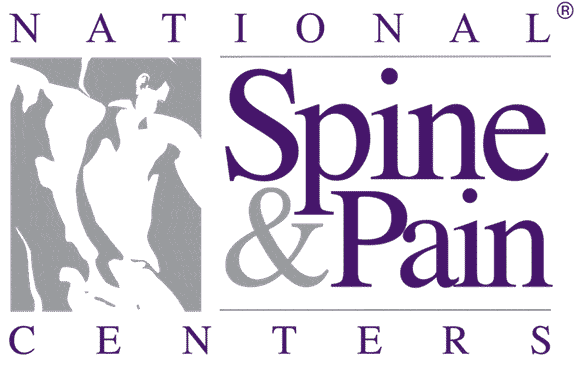NEW YORK (Reuters Health), Nov 6
A promising treatment for chronic Achilles tendon injuries may beon the horizon, researchers report. A pilot study of ultrasound-guided dextrose injections for the treatment of painful, often debilitating Achilles tendinosis was conducted by researchers at St. Paul’s Hospital, Vancouver, British Columbia.They noted a “significant reduction in tendon pain at rest and during/after activity,” lead investigator Dr. Norman J. Maxwell told Reuters Health.
Maxwell, currently affiliated with the University of Pittsburgh Medical Center, Pennsylvania, and colleagues used ultrasound to identify the injured areas of the Achilles tendon in 25 men and 11 women, between 23 and 82 years. All of the subjects had chronic Achilles tendon pain for more than three months.
Pain in the tendon connecting the calf muscle and the heel bone is frequently caused by repetitive ankle or foot stress from standing, walking, or running.
The researchers used ultrasound to guide injections of a small amount of hyperosmolar dextrose solution to the sites of these repetitive injuries to “induce a localized inflammatory process in order to initiate a normal wound healing cascade,” Maxwell told Reuters Health.
Treatment may require several injections, usually every four to six weeks depending on the severity of the chronic tendinosis, and may take six months or longer, Maxwell said.
“We ask the patients to refrain from taking any anti-inflammatory medications during the treatment periodand not to perform any strenuous exercise on the Achilles tendon for two weeks following each injection,” Maxwell said.
Over an average of four sessions, 33 tendons in 32patients were successfully treated. Three patients with minimal response discontinued treatment, while one patient, with a large Achilles tendon tear, was referred for surgical consultation, the researchers report in the American Journal of Roentgenology.
Overall, after treatment pain scores for tendon pain at rest decreased by 88%; while tendon pain during normal daily activity decreased by 84%; and tendon pain during or after participation in sports or other physical activity fell by 78%, the researchers report.
Of the 30 patients contacted by telephone one year after treatment, 20 had no return of symptoms, nine had mild symptoms, and one patient had moderate symptoms of Achilles tendinosis.
“We are very encouraged with our progress to date,” Maxwell said, but further studies are required to validate the effectiveness of this treatment and to compare this treatment to others for Achilles tendinosis.
By Joene Hendry
Last Updated: 2007-11-05 13:00:54 -0400 (Reuters Health)
SOURCE: American Journal of Roentgenology, October 2007
